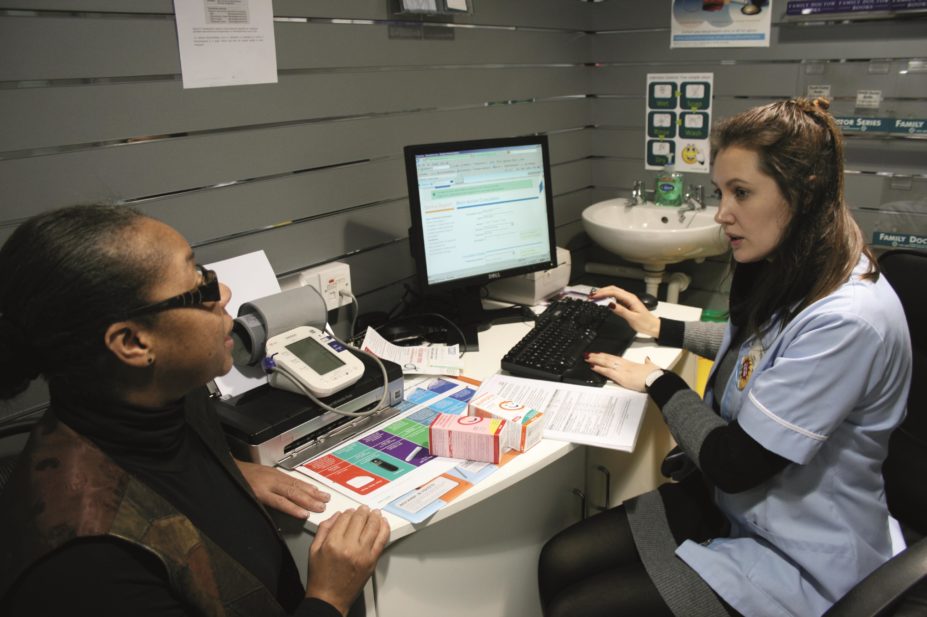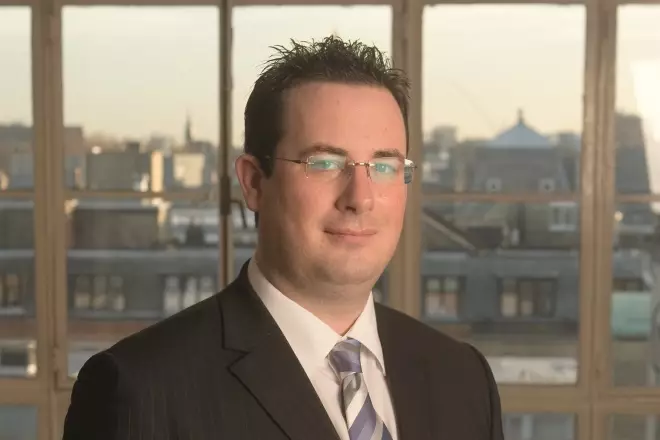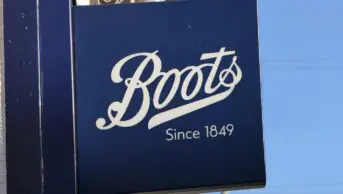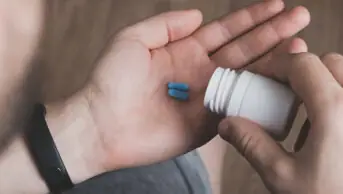
MAG / The Pharmaceutical Journal
Established minor ailment schemes delivered through community pharmacies in England are closing as their funding disappears, it has emerged.
In Hounslow, south west London, the clinical commissioning group (CCG) has decided not to recommission the minor ailments service when the contract finishes later in 2017. Bristol’s CCG has also announced that it will not pay for the service after NHS England funding ran out on 1 April 2017.
However, the closure of the schemes contrasts with a pledge made in October 2016 by health minister David Mowat, in which he said he expected locally commissioned minor ailments schemes to be delivered through pharmacies across England by April 2018.
Richard Brown, chief officer for Avon Local Pharmaceutical Committee, confirmed that its service ended at the end of March 2017. The service, which was funded by NHS England until its closure, delivered 8,179 supplies through 75 pharmacies in 2016.
“For the patients in Bristol, of which many are in deprived areas, they will have to make a decision about whether to purchase a product or visit their local surgery to try and obtain the product on prescription,” he says. “For many people this will be their only option and as such will place increased pressure on local surgeries at a time when the national strategy is to encourage people to visit their pharmacy first.”
Brown describes the closure as a “backwards step” and says pharmacies “will feel like they are letting their patients down”.
“During the scheme, the pharmacy could make a judgement about the needs of the patient and ensure they received the right product. Now, they will be forced to refer patients to their local surgery if the patient finds themselves in a position where they cannot afford to purchase the product.
“Sadly, this is a backwards step and the pharmacies will feel very frustrated not being able to offer a historically very successful service,” he adds.
According to Hounslow’s CCG, the decision not to renew the minor ailments contract beyond 2017 was triggered by a lack of uptake by patients and pharmacies.
A spokesperson for the CCG says the service had been locally commissioned since 2011, but there has been “very limited uptake (around three patients a day), from patients and pharmacies, with a majority of the activity coming from just two pharmacies”.
“This means that among other issues, the… scheme did not provide an equitable service for the total population of Hounslow,” the spokesperson adds.
The decommissioning of the services, alongside reports that changes are being made to minor ailments schemes elsewhere, have disappointed the Pharmaceutical Services Negotiating Committee (PSNC), which negotiates on behalf of pharmacy contractors in England.

Source: PSNC
Alastair Buxton says the closure of minor ailment services is “extremely disappointing”
Alastair Buxton, its director of NHS services, says: “[The] PSNC is aware that some CCGs are opting to decommission or to make changes to existing local minor ailment schemes in an attempt to make savings.
“This is extremely disappointing, particularly given the stated aim of pharmacy minister David Mowat that these services will be commissioned in all areas by April 2018. We are working with [local pharmaceutical committees] to gather an accurate picture of this constantly changing situation so that we can raise our concerns with the NHS.”
Repeated attempts by the PSNC to persuade NHS England to fund a pharmacy-delivered national minor ailments scheme have fallen on deaf ears. Instead, NHS England says it expects local deals to be struck instead between pharmacies and GPs.
A spokesperson for NHS England says: “CCGs are able to commission minor ailment schemes where they make a meaningful difference to patients, are affordable and represent good value for money.”


